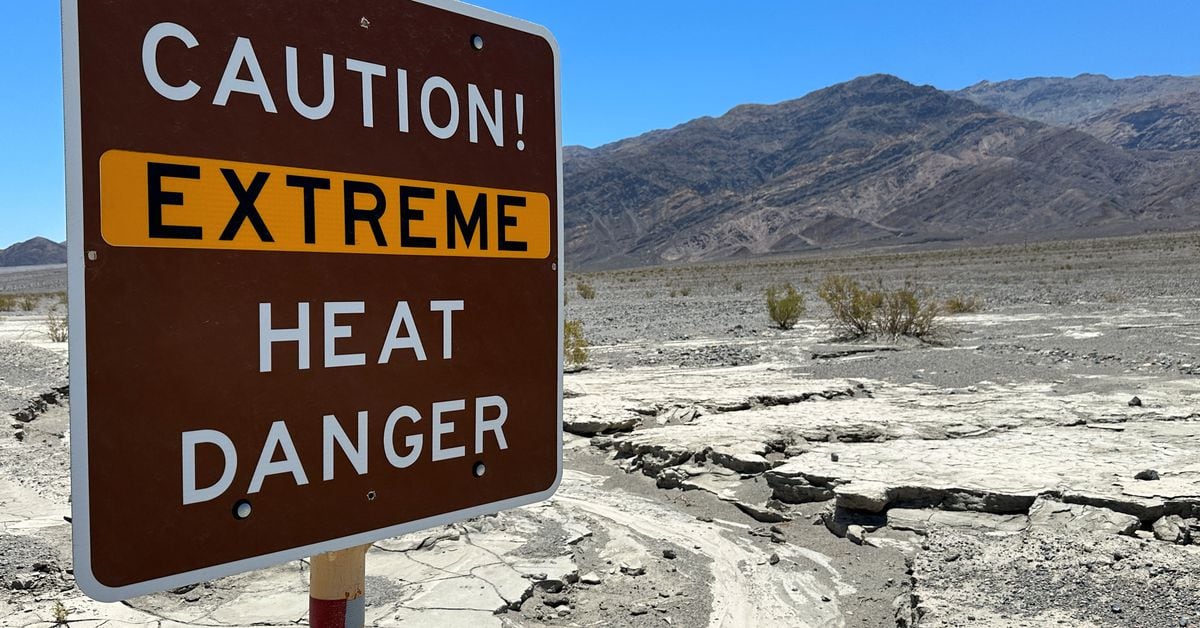Great, we’re going to see this headline recycled annually.
Don’t worry, there is only so many times we can see this headline before humanity crumbles
Still isn’t warmer than 125,001 years ago. What a scorcher that was! And no AC!
at this rate in 125,000 years we’ll be a new Venus
We always called it our sister planet. Little did we know we meant twin sister planet
No see, it’s radically self-correcting… once it is no longer habitable by the organisms causing the change, it will cool down quite a bit actually.
This is the best summary I could come up with:
“The record was broken by 0.4 degrees Celsius, which is a huge margin,” said C3S Deputy Director Samantha Burgess, who described the October temperature anomaly as “very extreme”.
The heat is a result of continued greenhouse gas emissions from human activity, combined with the emergence this year of the El Nino weather pattern, which warms the surface waters in the eastern Pacific Ocean.
Globally, the average surface air temperature in October was 1.7 degrees Celsius warmer than the same month in 1850-1900, which Copernicus defines as the pre-industrial period.
The longer-term data from U.N. climate science panel IPCC includes readings from sources such as ice cores, tree rings and coral deposits.
This year, that included floods that killed thousands of people in Libya, severe heatwaves in South America, and Canada’s worst wildfire season on record.
“We must not let the devastating floods, wildfires, storms, and heatwaves seen this year become the new normal,” said Piers Forster, climate scientist at University of Leeds.
The original article contains 425 words, the summary contains 162 words. Saved 62%. I’m a bot and I’m open source!
deleted by creator
Beach season








